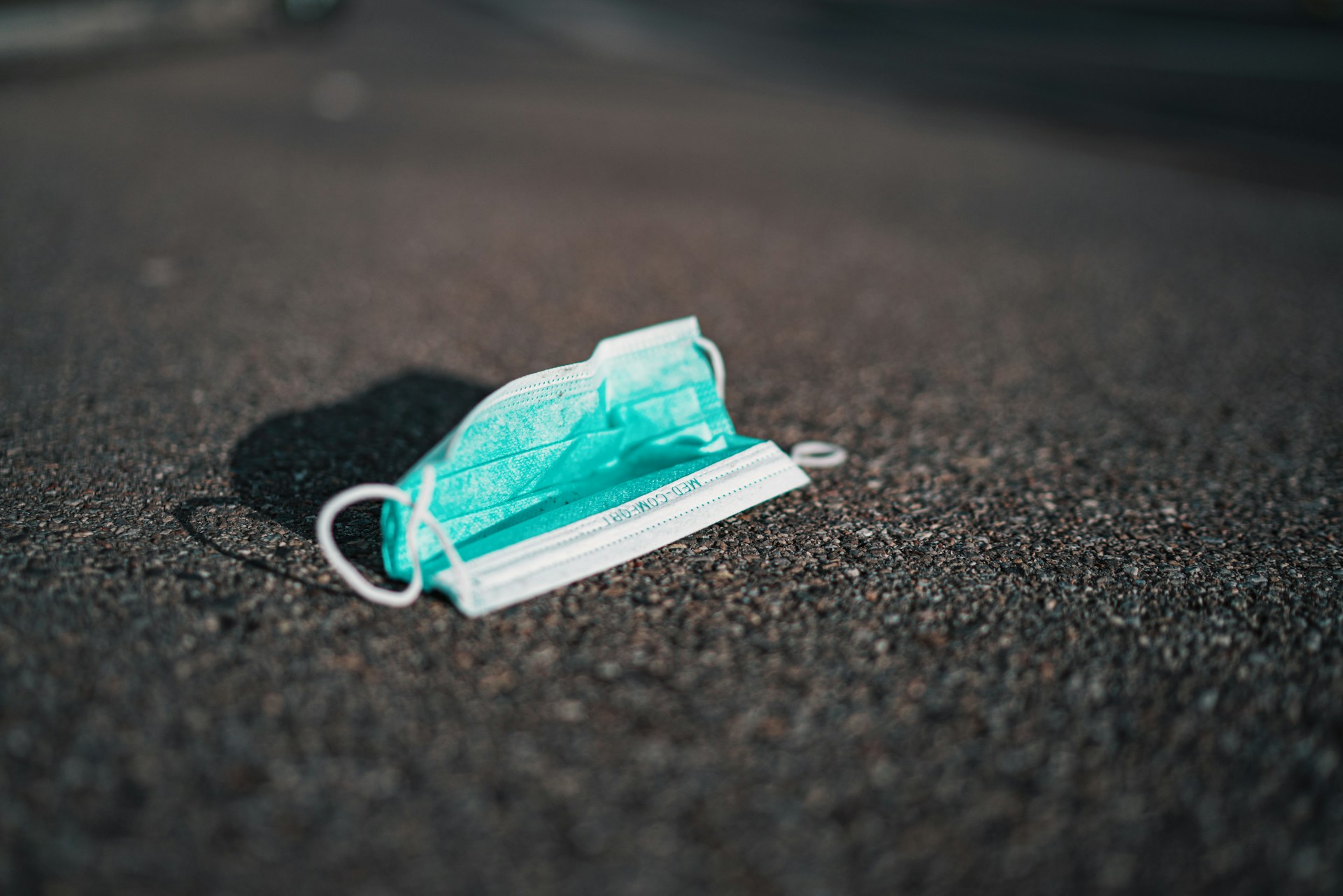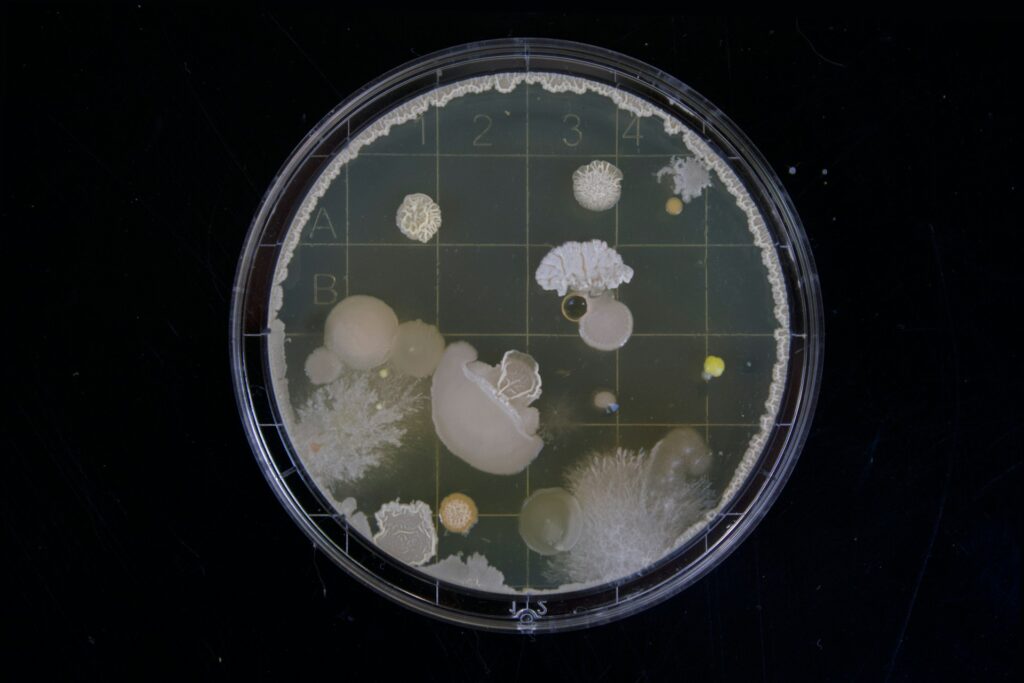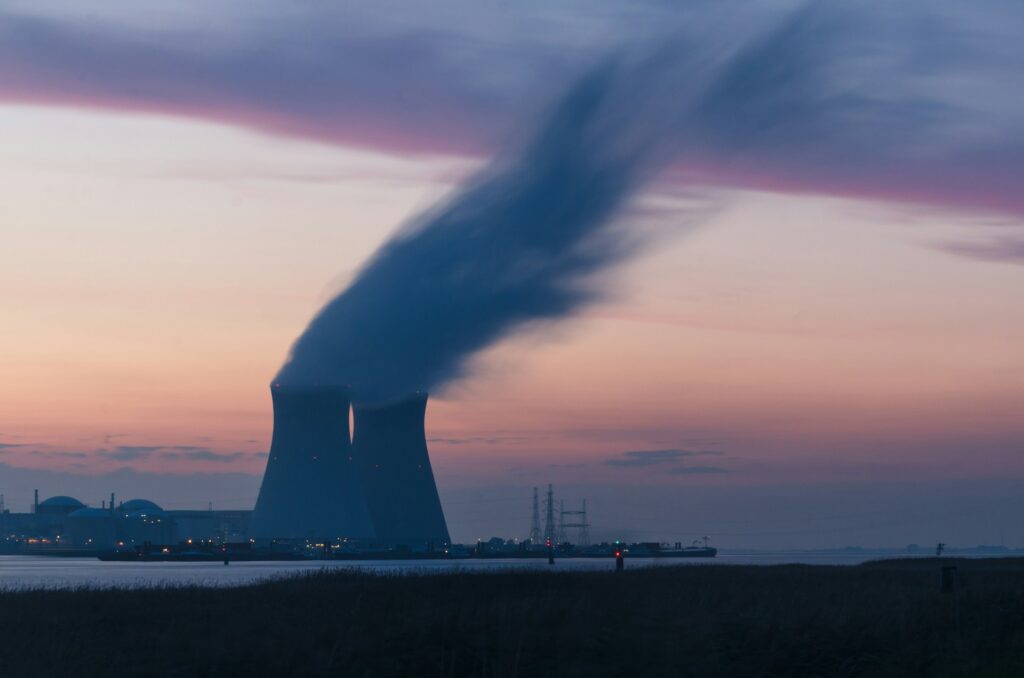Medical plastic waste issues have been highlighted by the COVID-19 pandemic including products such as face masks, gloves, syringes and blood bags. Many of these waste items wind up in dumps or undergo combustion leading to harm for our environment. Traditional recycling approaches fail because they encounter a high contamination risk along with strict purity specifications for healthcare plastics. However, researchers at Chalmers University of Technology have developed a breakthrough solution; thermochemical recycling.
To achieve this cutting-edge technique termed ‘steam cracking’, mixed plastic waste is heated to temperatures of up to 800°C breaking down the polymers into basic molecules that can form high-quality medical plastic. This technology holds great promise and offers a way to recycle complicated waste streams that appeared unmanageable in the past.
Judith González-Arias, a postdoctoral researcher now at the University of Seville and a lead scientist on the project, emphasised its benefits:
“Thermochemical recycling not only addresses the problem that medical waste is not recycled today, but also facilitates the recovery of valuable carbon atoms. This is fully in line with the principles of the circular economy and provides a sustainable solution to the urgent issue of medical waste management”
Despite its promise, implementing this method on a larger scale remains challenging.
“To build a plant of the size required for profitable thermochemical recycling, you would have to ensure a material flow of around 100,000 tonnes per year before start-up,”
Concentrating on partnerships across various industries is crucial according to González-Arias to build successful business frameworks. To gather enough materials to validate the funding and maintenance expenses of vast projects requires partnerships with other organisations.
Martin Seemann, Associate Professor of Energy Technology at Chalmers, pointed out that the stringent requirements for purity and quality also apply to food packaging.
“It is so elegant that once the material has been broken down to the molecular level, the chemical industry can turn it back into virgin material,”
he said. This versatility makes thermochemical recycling one of the only feasible options for fully closing the loop on medical and other highly contaminated plastics.
Another project led by Chalmers showed that the process can efficiently handle a diverse range of hospital waste, from face masks and gloves to non-woven gowns. The researchers are hopeful that, with the right regulatory frameworks and industry partnerships, this technology could redefine how we approach one of the most difficult waste streams today .
To achieve success involves matching policy with industry and research to create the required infrastructure. Creating thermochemical recycling plants at present chemical hubs like Sweden’s Stenungsund might connect this technology and make it profitable. Should it succeed it could lead to a greener and circular strategy for managing medical waste across the globe.

Hassan graduated with a Master’s degree in Chemical Engineering from the University of Chester (UK). He currently works as a design engineering consultant for one of the largest engineering firms in the world along with being an associate member of the Institute of Chemical Engineers (IChemE).



